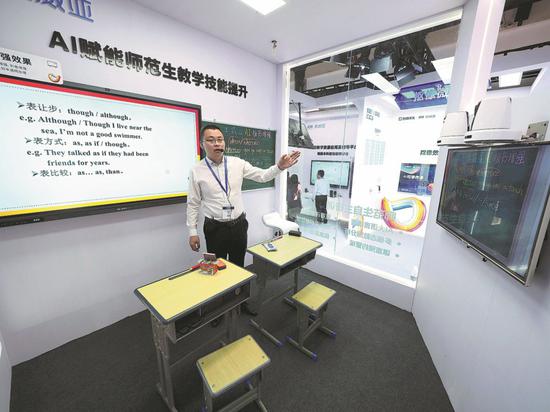
A staff member demonstrates the AI Whiteboard Enhancement System at the Beijing Education Equipment Exhibition in the capital on April 9. DU JIANPO/FOR CHINA DAILY
Human touch
The September guideline to promote high-quality employment implied there are fresh employment opportunities in China, especially in the "silver economy", he said.
New sectors in the healthcare industry should be explored, according to the guideline. Healthcare should be more deeply integrated with elderly care services, tourism, recreation, and food, to nurture new employment opportunities, it said.
"As China faces an increasingly aging society, there will be rising demand for services to be provided to the elderly group. New jobs such as bath assistants have already been churned out. We can foresee that demand for one-on-one care provided for the elderly will rise in China. This may lead to other job opportunities, like conducting background checks for these service providers or related training," said Ni.
He cited food delivery and express courier services as other good examples of potential growth areas. A decade ago they were at a nascent stage in China, but today the size of these service providers is huge.
"There should be more education in the Chinese job market, telling people that service industries are not inferior to office work," he said.
However, experts say it is still too early to predict the impact of emerging technologies on the employment landscape.
Business leaders around the world believe the biggest skills gap currently lies in creativity and innovation, according to a report released by TAG in April. However, the huge rise in AI technology does not mean that these skills will become obsolete.
About 57 percent of 2,000 C-suite executives polled by TAG think the "human touch" is more influential than AI in the workplace, and say human attributes are highly valued. Interestingly, human attributes are especially valued by leaders in the tech sector, according to the report.
Tim Wannenmacher, co-head of Global Markets for UBS Asia Pacific, identified finance as one of the sectors with the largest cost-saving opportunities through the adoption of AI. Half of all jobs in this sector are likely to be automated or augmented with AI, he said.
UBS started to use AI about 10 years ago, and it now has more than 100 live AI models to support decision-making and process automation.
However, Wannenmacher does not expect AI will widely replace financial professionals in the near term. Supporting human staff by enhancing productivity will be the main function of AI, which has received great attention over the past two years, he said.
Huang Yiping, dean of Peking University's National School of Development, is skeptical about the extent AI can help improve productivity.
He said the current market craze for AI coincides with the logic behind the Solow computer paradox, also known as productivity paradox. American economist Robert Solow determined that productivity has not proportionally improved amid the proliferation of computers. As more investment is made in information technology, worker productivity may even go down instead of up, according to the paradox.








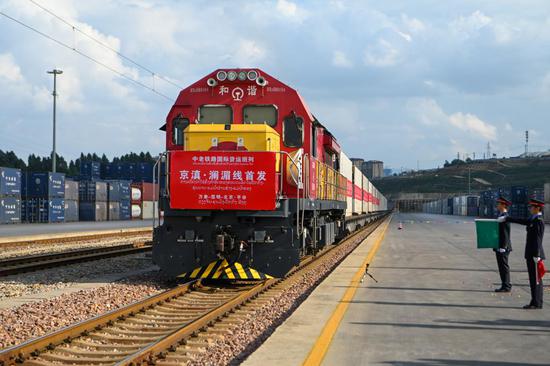




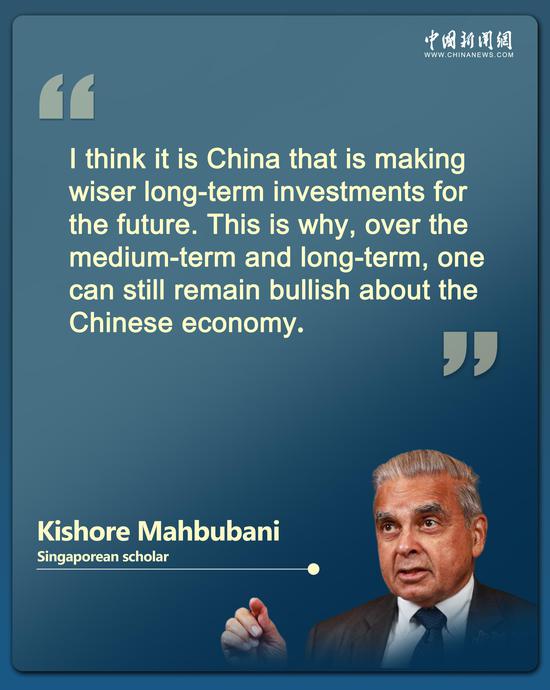





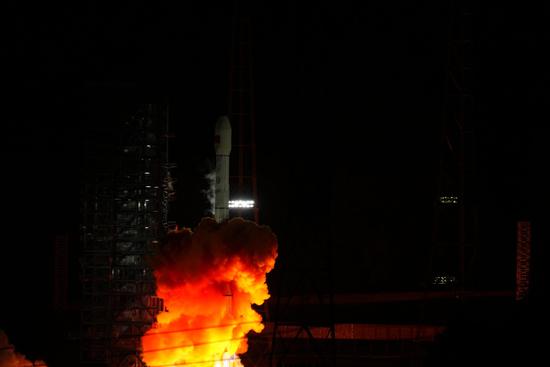




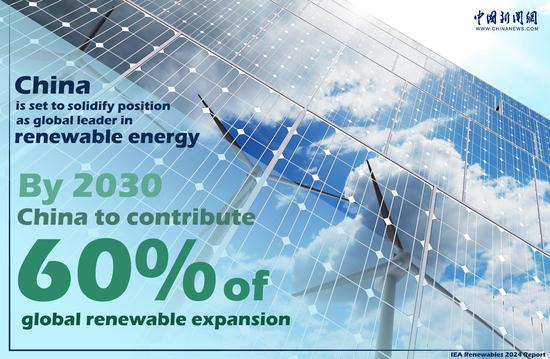
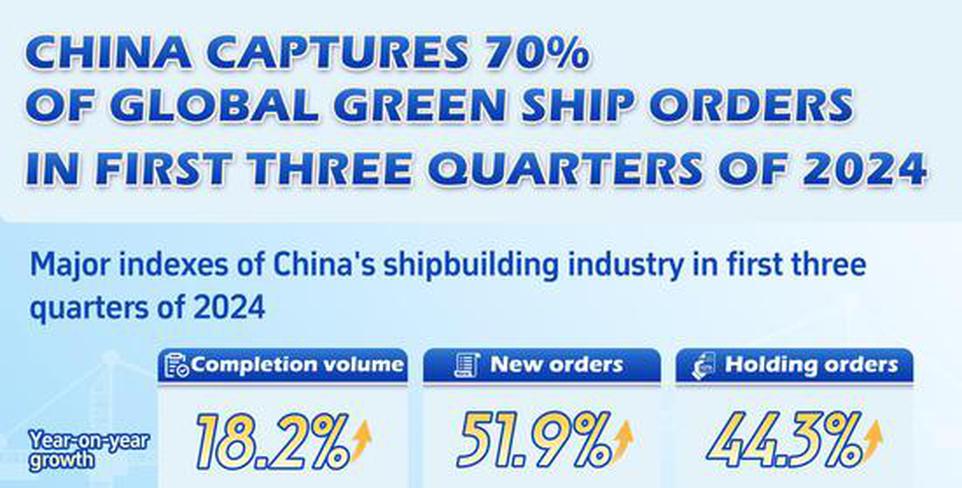
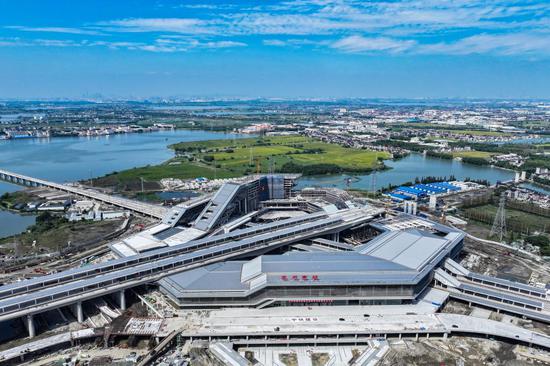
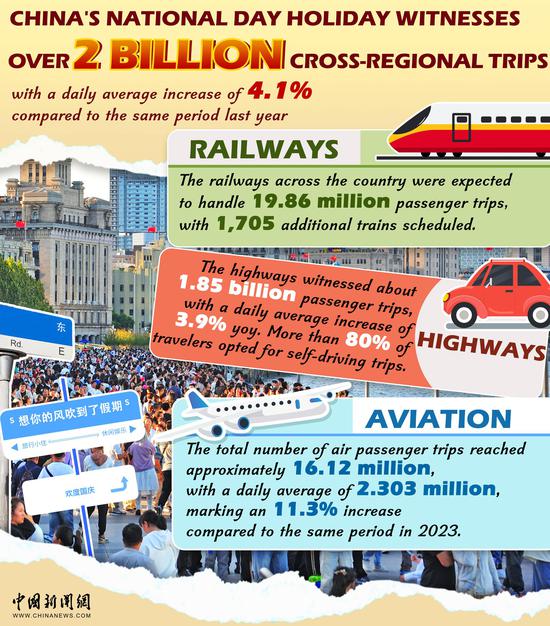



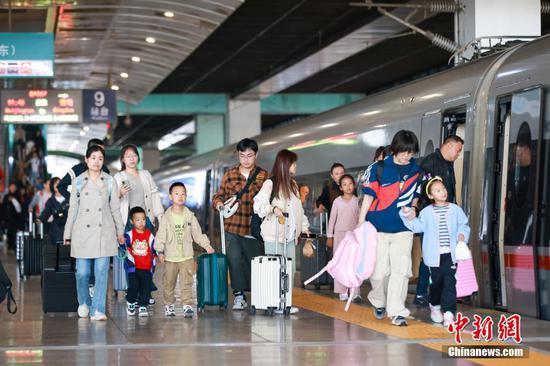
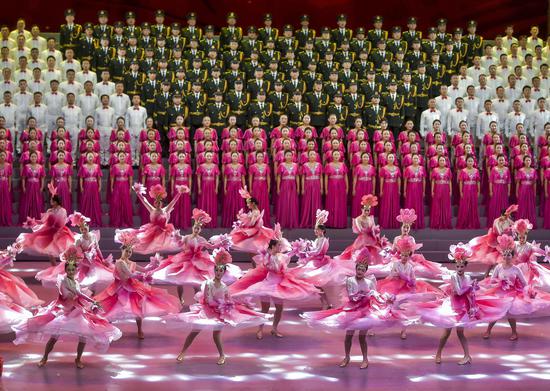


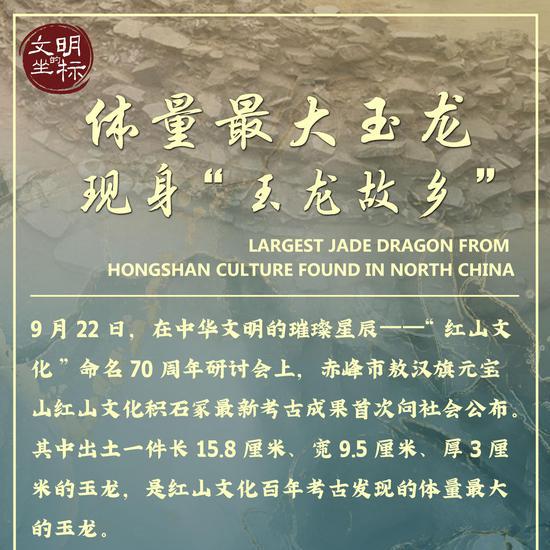
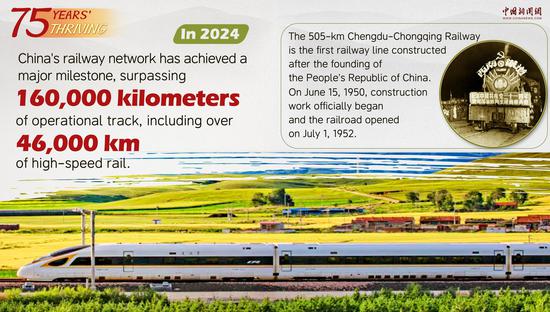
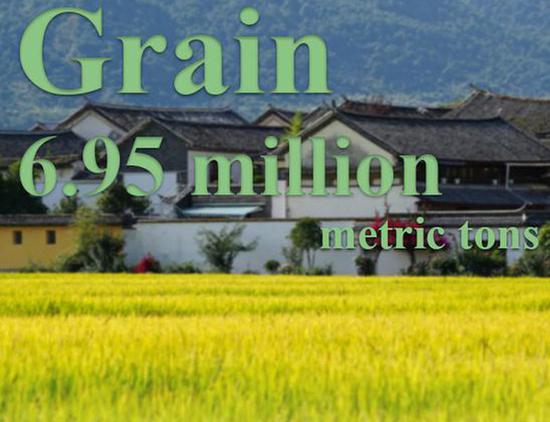





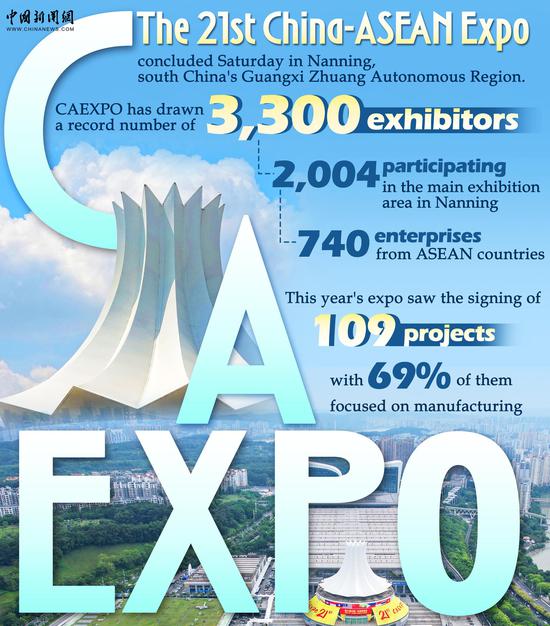
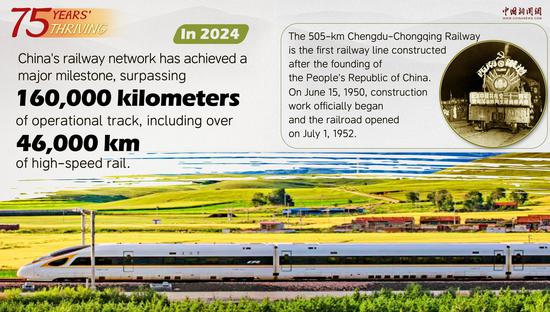





 京公网安备 11010202009201号
京公网安备 11010202009201号